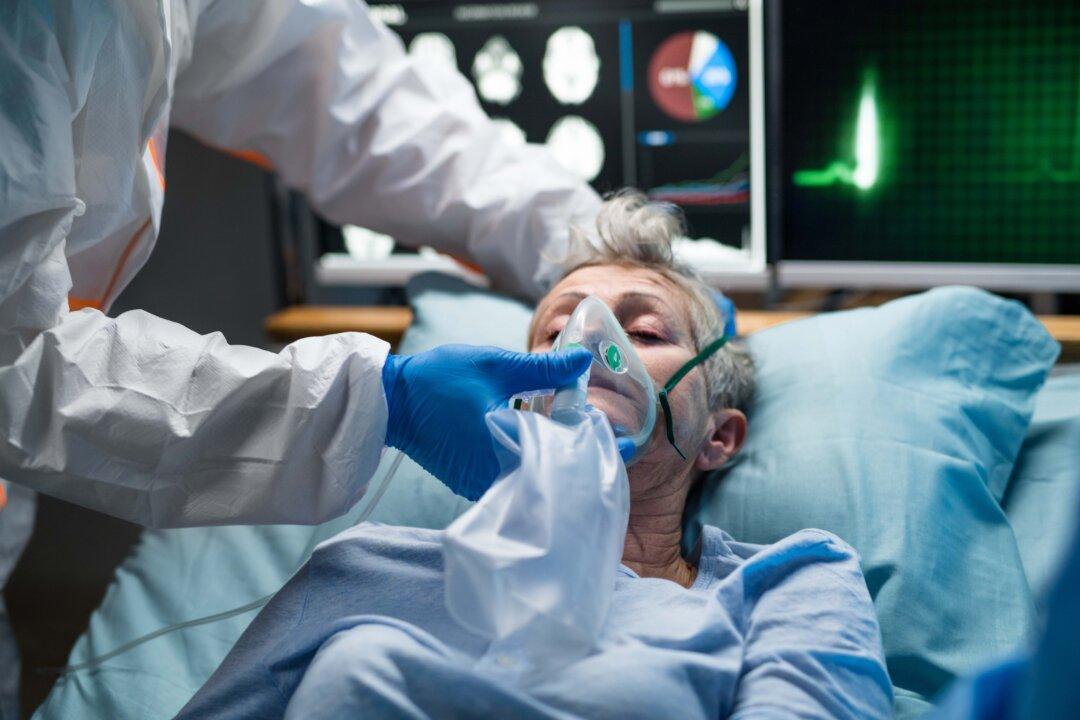New studies show that treating critically ill COVID-19 patients with inexpensive steroids can cut their risk of dying from the illness by a third. The results are so clear that the World Health Organization changed its advice on Sept. 2 and now strongly recommends corticosteroids as a first-line treatment for the sickest patients.
Steroids aren’t risk-free, however. They can have side effects, and they could do more harm than good in patients with milder cases of COVID-19.

